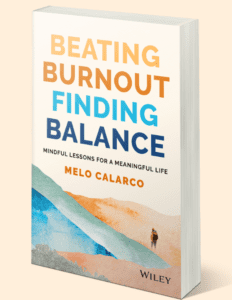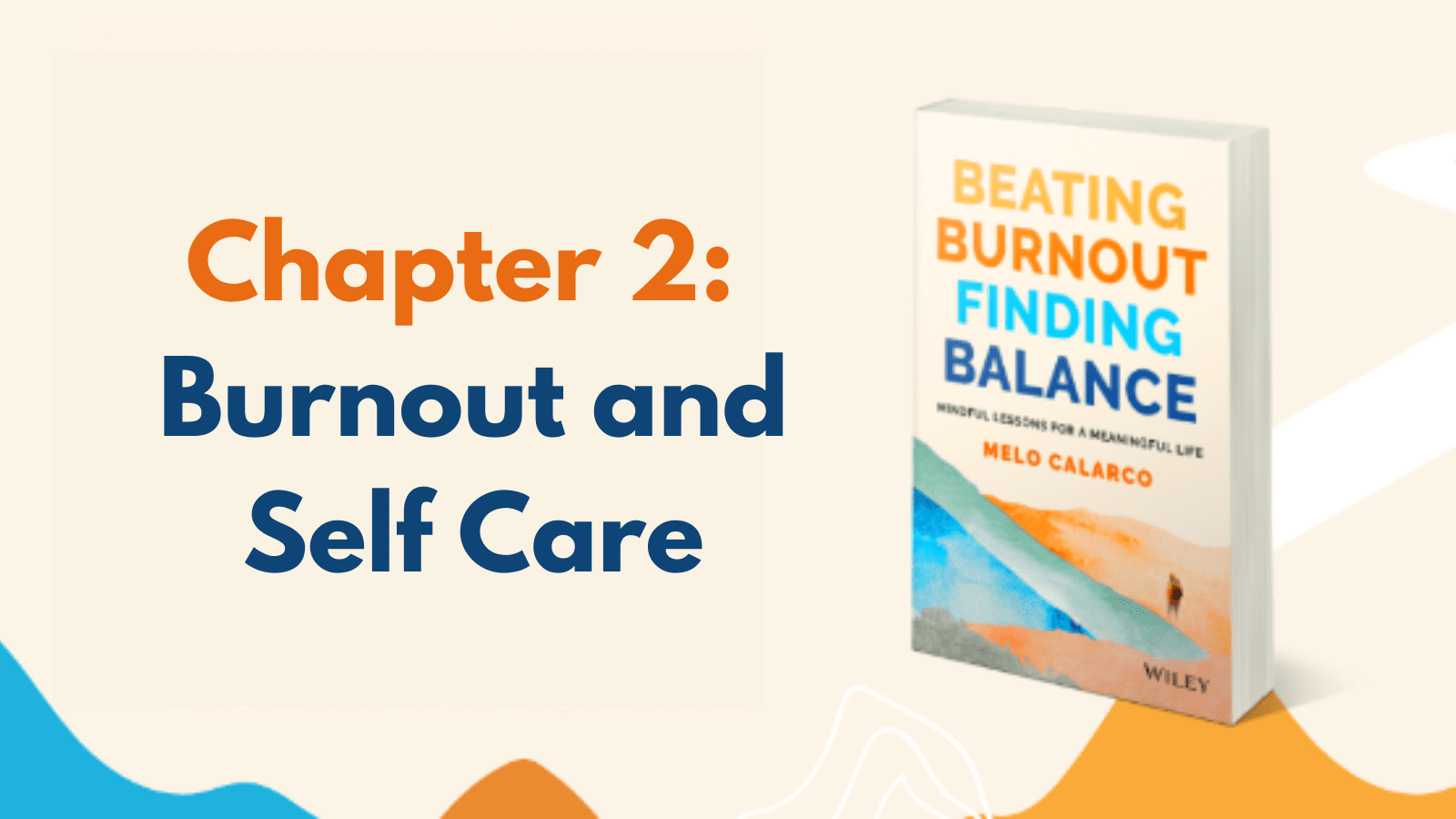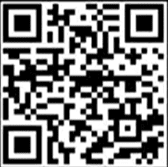In the previous blog post, the topic of gradual onset of burnout and the importance of recognising its signs came up. The discussion highlighted the need for self-awareness and the significance of implementing self-care practices to prevent burnout. This blog post continuation delves into the stages of burnout and provides essential self-care strategies to address it effectively.
The Stages of Burnout:
The conversation began with the acknowledgment that most people are unaware of their burnout until it reaches a critical stage. Research conducted for a book revealed that 90% of individuals interviewed, from various professions and walks of life, didn’t recognise their burnout until it was too late. A further 10% noticed the signs but didn’t know how to address them, while some kept pushing through without taking any action.
To facilitate early detection, understanding the stages and evolution of burnout becomes crucial. Burnout is characterised as the result of unmanaged stress, which often goes unnoticed until it manifests as a physiological response. The World Health Organization revised the definition of burnout in 2019, describing it as a consequence of unmanaged workplace stress. However, it’s important to note that burnout can also stem from stress in other areas of life, such as family or financial stress.
The diagnostic criteria for burnout include three main elements:
- Sheer exhaustion: This goes beyond normal fatigue and is characterised by a persistent lack of energy, motivation, and difficulty in performing daily tasks, even after sufficient rest.
- Disconnection and cynicism: Burnout can lead to feelings of detachment from oneself, work, colleagues, and an overall sense of negativity and cynicism.
- Lack of efficacy: Burnout often results in a decline in performance and efficiency, leading to difficulties in completing tasks, forgetfulness, and an overall sense of incompetence.
The Evolution of Burnout:
Burnout doesn’t occur suddenly but follows a progression that starts with everyday stress. Within the “green zone,” individuals can manage stress effectively through self-care practices, allowing them to function as high achievers. However, neglecting self-care and being overwhelmed by chronic stress can push individuals into the “yellow zone,” characterised by feelings of being overstimulated and overwhelmed.
If left unaddressed, chronic stress progresses to the tipping point, where individuals experience a sense of overwhelm. This overwhelm further deteriorates into allostatic stress, resulting in exhaustion and a decline in overall well-being. Eventually, individuals reach the “red zone” of full burnout or poor mental health, where they feel completely drained and unable to continue.
The Importance of Self-Care and Awareness:
The conversation emphasised the critical role of self-awareness in managing burnout. Many individuals, like the author, may not realise they are burning out until they experience physical, emotional, or behavioural symptoms. Recognizing signs of burnout early on is crucial for implementing preventive measures and practising self-care.
Self-care essentials such as adequate sleep, healthy eating, regular exercise, meditation, engaging in hobbies, and prioritising personal time contribute to staying in the green zone. The key is to consistently ask yourself what you have done for yourself each day and focus on activities that fill your cup and energise you.
Understanding the stages and evolution of burnout can help individuals detect it before reaching a critical stage. By fostering self-awareness and implementing self-care practices, individuals can effectively manage stress, prevent burnout, and maintain their overall well-being. Prioritising self-care and regularly assessing one’s state of well-being are essential steps towards leading a healthier and more balanced life.
Disclaimer: This blog post is an overview of Melo Calarco’s book, and we highly recommend reading the complete work to delve deeper into the transformative power of self-awareness.
Purchase the book here.



